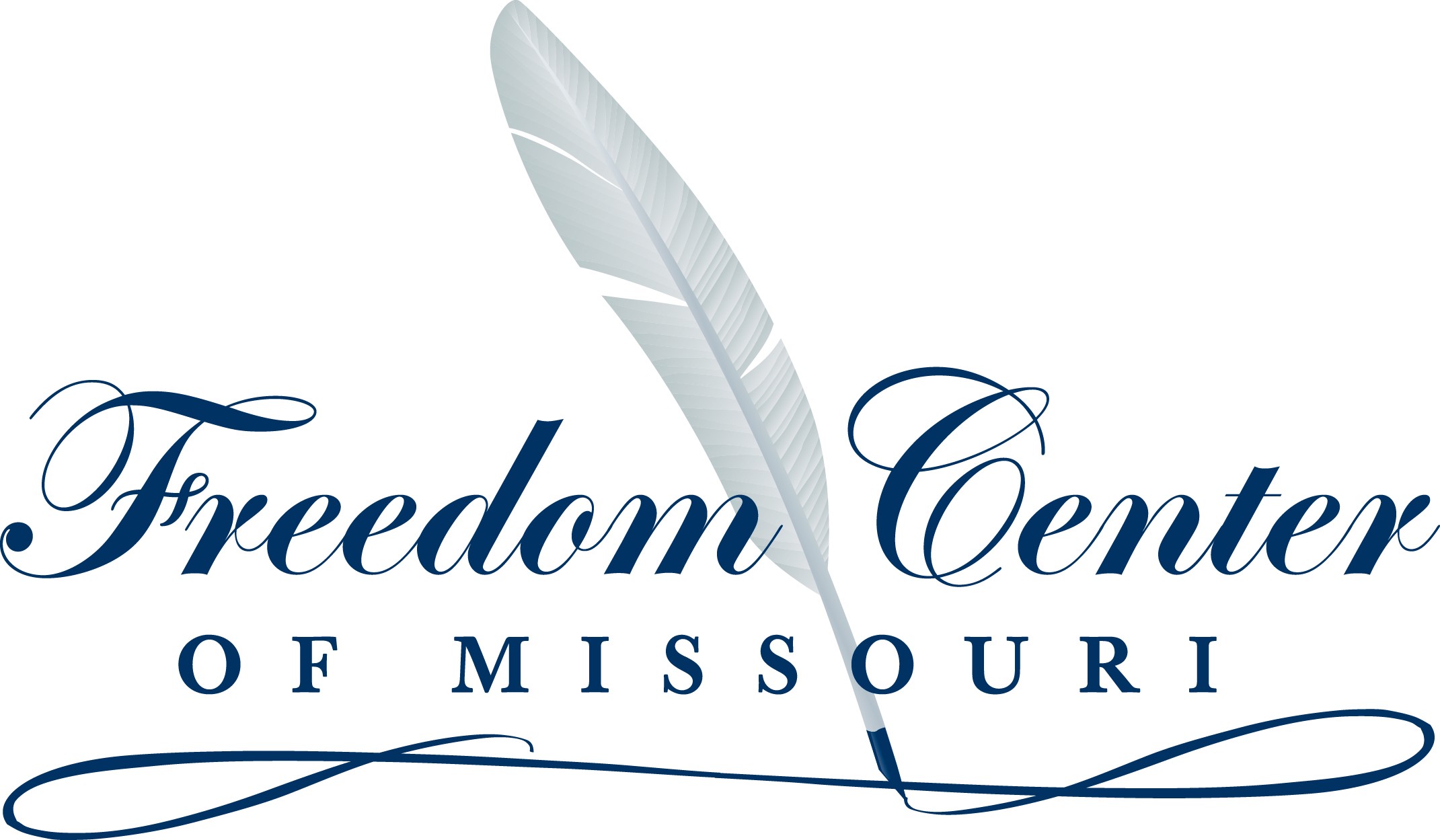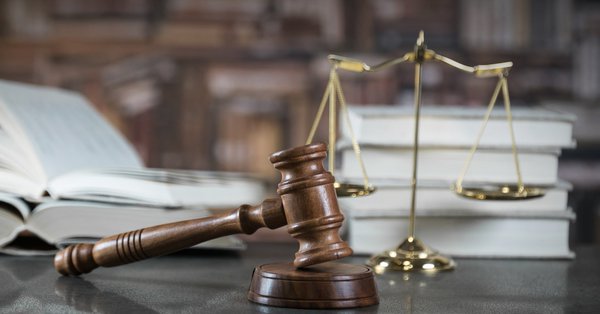The past few decades have seen the development of technologies that raise challenging new questions about citizens’ rights under open records laws, open meetings laws, and the First Amendment. Several current situations in Missouri may require courts to answer some of these questions.
One question has to do with public officials’ use of social media to interact with the public. Ordinarily, if a public official is hosting an event in a public setting, they cannot selectively exclude citizens from attending. Similarly, if a government entity has established a “public forum” in which they invite commentary from the public, the First Amendment generally prohibits the government from blocking citizens from using that forum based on what the citizen has to say. So what happens if a public official has been using a social media account to make public pronouncements? Can that official “block” selected citizens from seeing these public pronouncements? Or what if a public official has used a social media account to invite public discussion about matters of interest to the community? Can that official “block” certain questions simply because the questions (or the persons asking them) make the official uncomfortable? How might the answers to these questions change if the social media account in question long predated the owner’s taking of public office? What if the official keeps separate social media accounts – one for his or her personal life, and another account restricted entirely to “public business”?
Courts, journalists, and citizen activists all over the country are starting to wrestle with these questions.
Last year a federal district court in Virginia considered a case in which a county board of supervisors member had removed critical comments and blocked a citizen from interacting with a “public figure” Facebook page (which is different from a personal Facebook account) where the board member had at one time posted “I really want to hear from ANY Loudoun citizen on ANY issues, request, criticism, compliment, or just your thoughts.” The court concluded that the public official had engaged in viewpoint discrimination against a citizen who had offered criticism, and that it violated the First and Fourteenth Amendments to penalize a citizen for using the official’s Facebook page to make statements with which the official disagreed. That decision is currently being appealed to the Fourth Circuit.
The Kansas City Star raises similar concerns about Missouri Governor Eric Greitens’s use of his personal social media accounts. Greitens has used his personal social media accounts (for example, Facebook and Twitter) since before he was even a candidate for public office, but he now sometimes uses those accounts to make public statements and even take questions from citizens. Amid some criticism about blocking certain people from viewing his private accounts, as well as questions about whether interactions on those private accounts would be subject to the state’s Sunshine Law, Greitens established separate, “official” social media accounts (again, Facebook and Twitter) whose activities would fall within the Sunshine Law. But even after creating those official accounts, Greitens has posted dozens of public addresses on his private Facebook page, including some in which he was soliciting questions from viewers – and none of these have been posted on his “official” accounts. Further complicating the situation is the question of whether taxpayer-funded government employees are helping to maintain Greitens’s private social media accounts – the Governor’s Office has thus far refused to answer this question.
If the Governor is indeed using his private social media accounts to make public addresses and host question-and-answer sessions on matters of public interest, he might unnecessarily be creating a First Amendment problem for himself. If he was putting these addresses and question-and-answer sessions on his official accounts, all Missourians would be able to observe and participate. But Greitens has chosen to block certain citizens from interacting with him through his private social media accounts – and some of those blockings appear to have been due to the citizens’ posting critical comments. As the district court in Virginia pointed out, when a public official selectively excludes citizens from these interactions that are otherwise open to the general public, it raises the specter of unconstitutional viewpoint discrimination. If challenged, the Governor would surely attempt to argue that what he does with his private social media accounts is not “government action” and thus is beyond the scope of the First Amendment – but because he is effectively treating his private social media accounts as a primary mode of communicating with the public in his capacity as a public official, a court could easily decide that the First Amendment applies.
Of course, Greitens is also confronting transparency concerns associated with his use of Confide, a smartphone application that not only causes text messages to self-destruct, it prohibits the recipient of a Confide message from copying or taking a screenshot of that message. Although the Governor has confirmed that he and some of his staff members have used this app on their personal cell phones, they deny that they have used the app on any government-issued devices. Nonetheless, two attorneys have sued the Governor and asked the Cole County Circuit Court to prohibit these officials from any use of the Confide app. In speaking with journalists all over the state I have emphasized that public officials do indeed deserve privacy in their private lives – they only shed that privacy when acting in an official capacity, using government-issued devices, or otherwise discussing public business. As long as Greitens and his aides have not installed Confide (or other destructing-message apps) on government-issued devices and as long as they have not used these apps to discuss public business, courts are unlikely to find that they have violated the Sunshine Law.
Ultimately, the lessons that public officials should be learning is to draw a clear distinction between their public and their private lives. They should be free to maintain their own private social media accounts and their own private communication methods – as long as they take care not to use those accounts and methods to act in their official capacities or to discuss public business. Public appearances and discussions about public business should take place only on official accounts and devices that will ensure not only that public records will be properly preserved, but also that all citizens will be free to view, comment, and interact with posted material on the same terms as every other citizen. Adopting policies that formally adopt these best practices would help all public officials avoid potential Sunshine Law and/or First Amendment violations.

